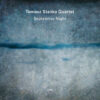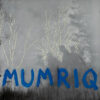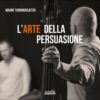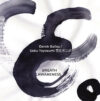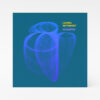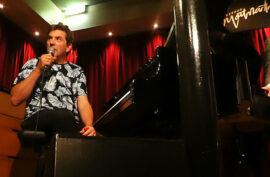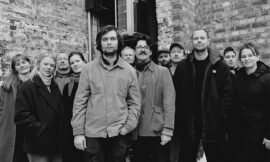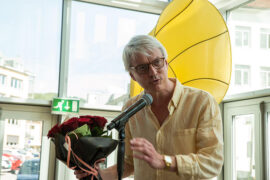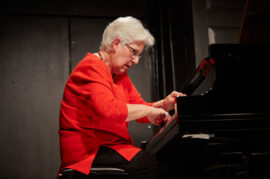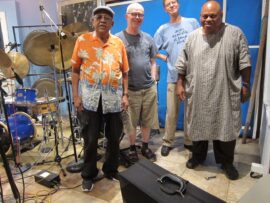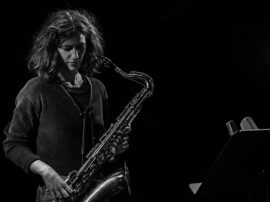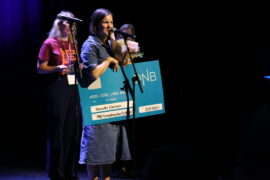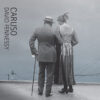
David Fennessy is an Irish, Glasgow-based guitarist-composer acclaimed for his innovative works blending traditional and experimental elements. He composed a trilogy of orchestral works inspired by the diaries of film director Werner Herzog during the making of the epic cult film Fitzcarraldo (1982). The four works presented on this album, Caruso (Gold is the Sweat of the Sun), and the viola-driven triptych «Nox», «Haupstimme» and «Nebenstimme» represent the many facets of Fennessy’s music, blending intricate textures and arresting harmonies.
The music for the first piece, «Caruso (Gold is the Sweat of the Sun)» is almost completely made up of very short extracts from gramophone recordings of the Italian legendary tenor opera singer Enrico Caruso (1873-1921) dated between 1903 and 1908, which are looped, stretched and combined to form a kind of ‘choir.’ The main character in Fitzcarraldo, Brian Sweeney Fitzgerald, an Irishman known in Peru as Fitzcarraldo (played by Klaus Kinski), liked to play albums of Caruso on his gramophone in the Peruvian jungle, and this composition deals with the initial image, or dream which inspired Herzog to make Fitzcarraldo in the first place. Fennessy plays the electric guitar, autoharp and frog guiros, and he and Pete Dowling on samples and live electronics, and both create an obsessive yet healing, overpowering and ultimately silencing force – the voice of Caruso – at the center of the relentless and unsettling river of sounds.
The viola-driven triptych suggests a perspective on the idea of the individual with the collective. «Nox» written for the violist Garth Knox, is like a portrait of the musician. Nox speaks about the open string tuning – first a C then a G, both are explored in all its rich sonic glory, and as if by arriving at G (for Garth) the piece is autographed both by composer and musician. The dramatic «Haupstimme» is for solo violist Megumi Kasakawa, who struggles to convey her individuality against the backdrop of the forces of Ensemble Modern (in which Kasakawa in the violist since 2010). But Fennessey devised this struggle, with loud percussive instruments, as: «For much of the time, the solo viola is buried in a thick ensemble texture with the primary goal merely to be heard. Once it has achieved this, a more complex question emerges – what to say?» The last piece, «Nebenstimme», is like a photographic negative of «Haupstimme», now transformed into a delicate and quiet, ornamented chorale with the celesta of Michel Maurer. The viola of Knox remains the solo instrument but is in this case shy and uncertain.
Eyal Hareuveni
David Fennessy (electric guitars, autoharp, frog guiros), Pete Dowling (samples, live electronics), Garth Knox (viola, voice), Ensemble Modern, David Niemann (conductor), Megumi Kasakawa (solo viola), Michel Maurer (celesta)


